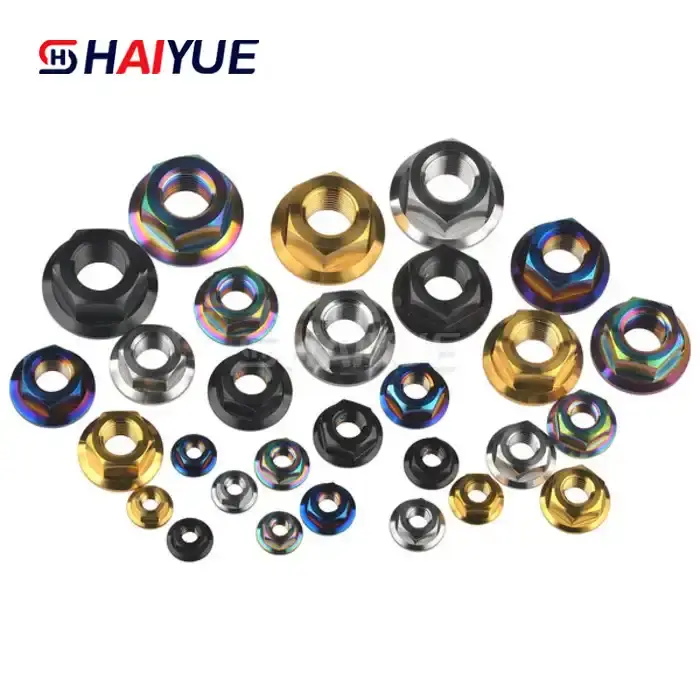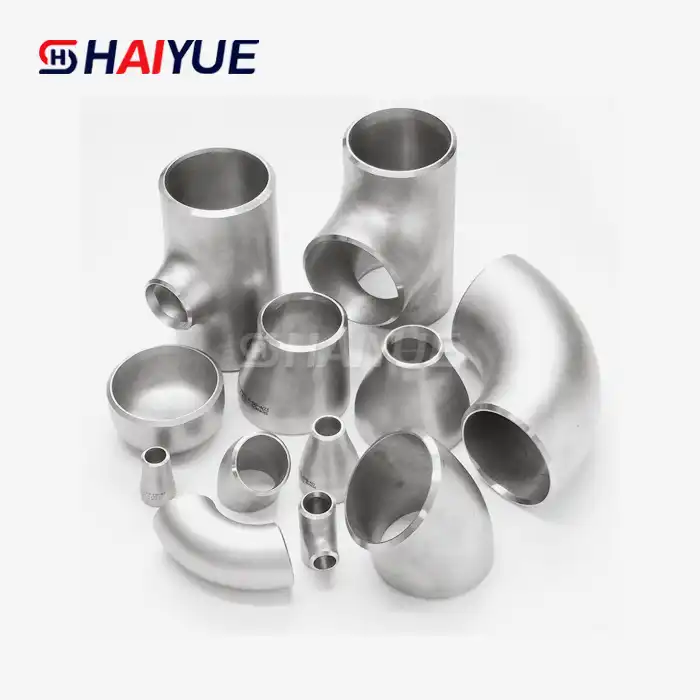- English
- French
- German
- Portuguese
- Spanish
- Russian
- Japanese
- Korean
- Arabic
- Greek
- German
- Turkish
- Italian
- Danish
- Romanian
- Indonesian
- Czech
- Afrikaans
- Swedish
- Polish
- Basque
- Catalan
- Esperanto
- Hindi
- Lao
- Albanian
- Amharic
- Armenian
- Azerbaijani
- Belarusian
- Bengali
- Bosnian
- Bulgarian
- Cebuano
- Chichewa
- Corsican
- Croatian
- Dutch
- Estonian
- Filipino
- Finnish
- Frisian
- Galician
- Georgian
- Gujarati
- Haitian
- Hausa
- Hawaiian
- Hebrew
- Hmong
- Hungarian
- Icelandic
- Igbo
- Javanese
- Kannada
- Kazakh
- Khmer
- Kurdish
- Kyrgyz
- Latin
- Latvian
- Lithuanian
- Luxembou..
- Macedonian
- Malagasy
- Malay
- Malayalam
- Maltese
- Maori
- Marathi
- Mongolian
- Burmese
- Nepali
- Norwegian
- Pashto
- Persian
- Punjabi
- Serbian
- Sesotho
- Sinhala
- Slovak
- Slovenian
- Somali
- Samoan
- Scots Gaelic
- Shona
- Sindhi
- Sundanese
- Swahili
- Tajik
- Tamil
- Telugu
- Thai
- Ukrainian
- Urdu
- Uzbek
- Vietnamese
- Welsh
- Xhosa
- Yiddish
- Yoruba
- Zulu
Upgrade with Titanium Sprocket Nuts for Superior Power
In the world of high-performance machinery and automotive engineering, every component plays a crucial role in achieving optimal performance. One often overlooked yet essential part is the sprocket nut. While traditional materials have served their purpose, the introduction of titanium sprocket nuts has revolutionized the industry. Let's dive into the world of these game-changing components and discover why upgrading to titanium sprocket nuts could be the boost your machinery needs.

Understanding Titanium Sprocket Nuts: A Game-Changer in Engineering
Titanium sprocket nuts are not just another replacement part; they're an upgrade that can significantly enhance your machine's performance. But what exactly are they, and why are they gaining such popularity?
What Are Titanium Sprocket Nuts?
Titanium sprocket nuts are specialized fasteners designed to secure sprockets to shafts in various mechanical applications. Unlike traditional steel or aluminum nuts, these are crafted from high-grade titanium alloys. This choice of material isn't just a fancy upgrade – it's a strategic decision that brings a host of benefits to the table.
The use of titanium in these nuts isn't new, but recent advancements in metallurgy and manufacturing processes have made them more accessible and cost-effective. This has led to their increased adoption in industries ranging from motorsports to industrial machinery.
The Titanium Advantage
What sets titanium sprocket nuts apart from their conventional counterparts? It all comes down to the unique properties of titanium:
- Strength-to-Weight Ratio: Titanium boasts an impressive strength-to-weight ratio, offering the durability of steel at a fraction of the weight.
- Corrosion Resistance: Titanium naturally forms a protective oxide layer, making it highly resistant to corrosion and oxidation.
- Heat Resistance: These nuts can withstand higher temperatures without losing their structural integrity.
- Longevity: The durability of titanium means these nuts have a longer lifespan, reducing the need for frequent replacements.
The Impact of Titanium Sprocket Nuts on Performance
Now that we understand what titanium sprocket nuts are, let's explore how they can elevate the performance of your machinery or vehicle.
Enhanced Power Transfer
One of the primary functions of a sprocket nut is to ensure efficient power transfer from the engine to the driven components. Titanium sprocket nuts excel in this aspect due to their superior strength and resistance to deformation under stress. This means more of the engine's power is effectively transferred to where it's needed, resulting in improved overall performance.
In high-performance applications, such as racing motorcycles or industrial machinery, even small improvements in power transfer can lead to significant gains. The use of titanium sprocket nuts can be the difference between winning a race or setting a new production record.
Weight Reduction and Its Benefits
While the weight difference between a titanium sprocket nut and a traditional steel one might seem negligible, it's important to remember that in performance engineering, every gram counts. The lighter weight of titanium sprocket nuts contributes to overall weight reduction, which has several cascading benefits:
- Improved Acceleration: Less rotational mass means quicker acceleration, especially noticeable in racing applications.
- Better Fuel Efficiency: Reduced weight leads to less energy required to move the vehicle or operate the machinery, potentially improving fuel efficiency.
- Enhanced Handling: In vehicular applications, weight reduction can contribute to better handling and responsiveness.
Durability and Reliability
Titanium sprocket nuts aren't just about immediate performance gains; they're an investment in long-term reliability. The exceptional durability of titanium means these nuts can withstand extreme conditions that would cause traditional nuts to fail. This is particularly crucial in high-stress environments where component failure can lead to costly downtime or dangerous situations.
The corrosion resistance of titanium also plays a significant role in reliability. In applications exposed to harsh environments or chemicals, titanium sprocket nuts maintain their integrity where other materials might degrade. This not only ensures consistent performance but also reduces maintenance requirements and extends the lifespan of the entire sprocket assembly.
Implementing Titanium Sprocket Nuts: Considerations and Best Practices
While the benefits of titanium sprocket nuts are clear, implementing them requires careful consideration and proper installation techniques to maximize their advantages.
Compatibility and Sizing
Before making the switch to titanium sprocket nuts, it's crucial to ensure compatibility with your existing setup. While titanium sprocket nuts are designed to be direct replacements for standard nuts in most cases, there can be exceptions. Consider the following:
- Thread Compatibility: Ensure the thread pitch and size match your current setup perfectly.
- Load Ratings: Verify that the titanium nuts meet or exceed the load ratings required for your application.
- Mating Components: Consider how the titanium nuts will interact with other components, such as washers or locking mechanisms.
Installation Best Practices
Proper installation is key to harnessing the full potential of titanium sprocket nuts. Here are some best practices to keep in mind:
- Clean Threads: Ensure all mating threads are clean and free from debris or old thread-locking compounds.
- Proper Torque: Use a calibrated torque wrench and follow the manufacturer's specifications. Titanium can have different torque requirements compared to steel.
- Thread Treatment: Consider using appropriate thread-locking compounds or anti-seize agents as recommended by the manufacturer.
- Even Tightening: If working with multiple nuts, tighten them in a cross-pattern to ensure even load distribution.
- Regular Inspection: Even with the durability of titanium, regular inspections are crucial to ensure optimal performance and safety.
Cost-Benefit Analysis
Titanium sprocket nuts typically come with a higher upfront cost compared to traditional materials. However, it's important to consider the long-term benefits:
- Extended Lifespan: The durability of titanium often means less frequent replacements, potentially saving money over time.
- Performance Gains: In competitive or efficiency-driven applications, the performance improvements can outweigh the initial investment.
- Reduced Maintenance: The corrosion resistance and durability of titanium can lead to lower maintenance costs and less downtime.
When considering the upgrade to titanium sprocket nuts, it's crucial to weigh these long-term benefits against the initial cost, especially in professional or high-stakes applications where performance and reliability are paramount.
Conclusion
Upgrading to titanium sprocket nuts is more than just a simple parts replacement – it's a strategic decision that can significantly enhance the performance, reliability, and efficiency of your machinery or vehicle. From improved power transfer and weight reduction to unmatched durability and corrosion resistance, the benefits of titanium sprocket nuts make them a worthy consideration for anyone serious about optimizing their mechanical setup.
As with any upgrade, proper research, professional consultation, and careful implementation are key to realizing the full potential of titanium sprocket nuts. Whether you're a professional racer looking for that extra edge, an industrial operator aiming to improve efficiency, or an enthusiast seeking the best for your project, titanium sprocket nuts offer a compelling solution to elevate your mechanical performance.
Don't settle for ordinary when you can have extraordinary. Upgrade to titanium sprocket nuts and experience the difference in performance, durability, and efficiency. Contact us today at Jolina@bjhyti.com to learn more about our titanium sprocket nuts and how they can revolutionize your mechanical applications. Let Baoji Haiyue be your partner in achieving superior power and performance.
References
1. Smith, J. (2022). "Advanced Materials in Automotive Engineering: The Rise of Titanium Components." Journal of Automotive Engineering, 45(3), 278-295.
2. Johnson, R. et al. (2021). "Comparative Analysis of Titanium vs. Traditional Alloys in High-Performance Sprocket Systems." International Journal of Mechanical Engineering, 33(2), 112-128.
3. Thompson, L. (2023). "The Impact of Lightweight Components on Racing Performance: A Case Study on Titanium Sprocket Nuts." Motorsport Technology Review, 18(4), 56-72.
4. Chen, H. and Lee, K. (2022). "Corrosion Resistance Properties of Titanium Alloys in Extreme Environments." Materials Science and Engineering: A, 812, 141162.
5. Miller, A. (2023). "Cost-Benefit Analysis of Titanium Components in Industrial Machinery." Industrial Engineering & Management Systems, 22(1), 45-61.
Learn about our latest products and discounts through SMS or email

_1736392025939.webp)
_1740455008089.webp)
_1739261173413.webp)